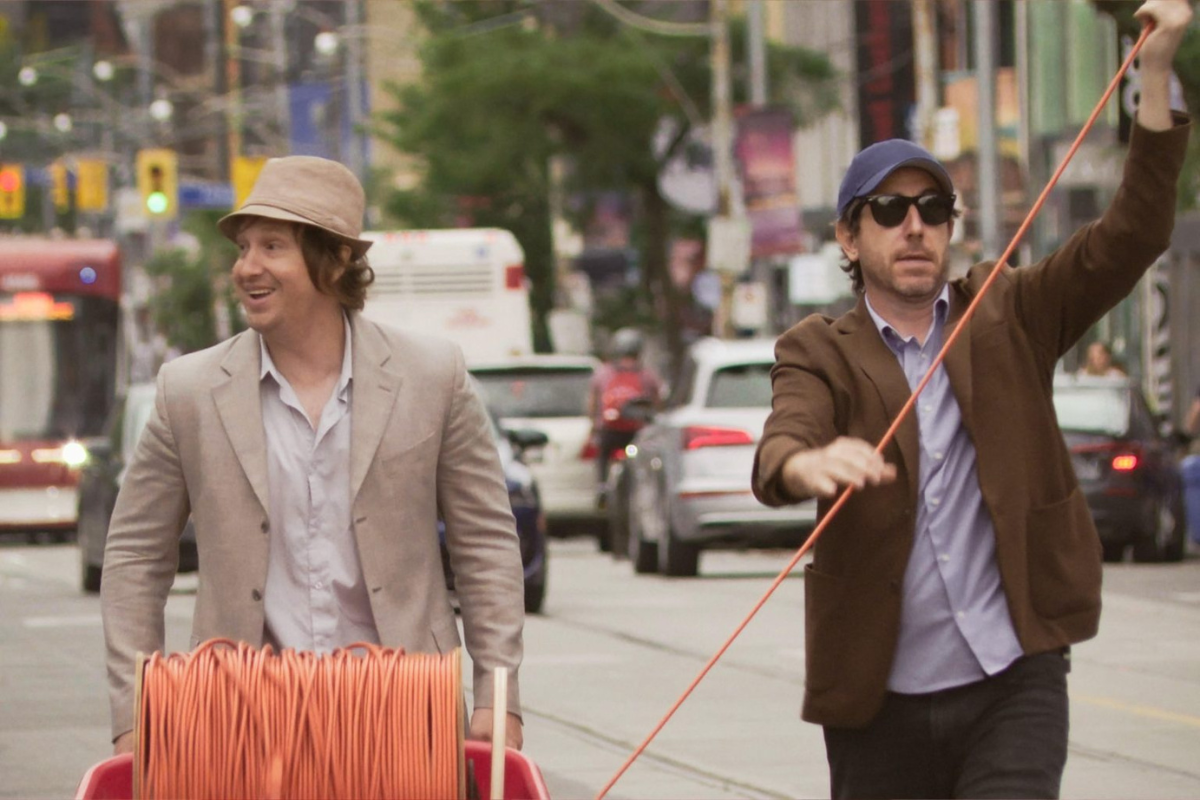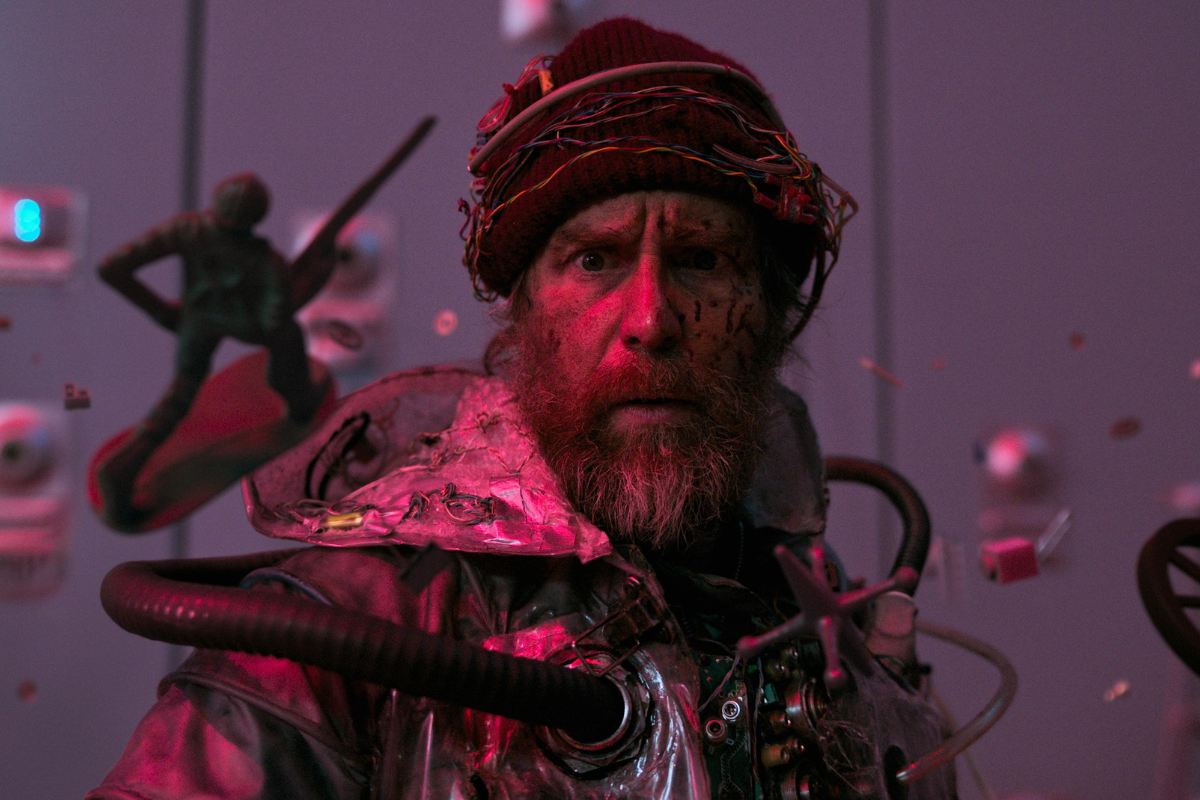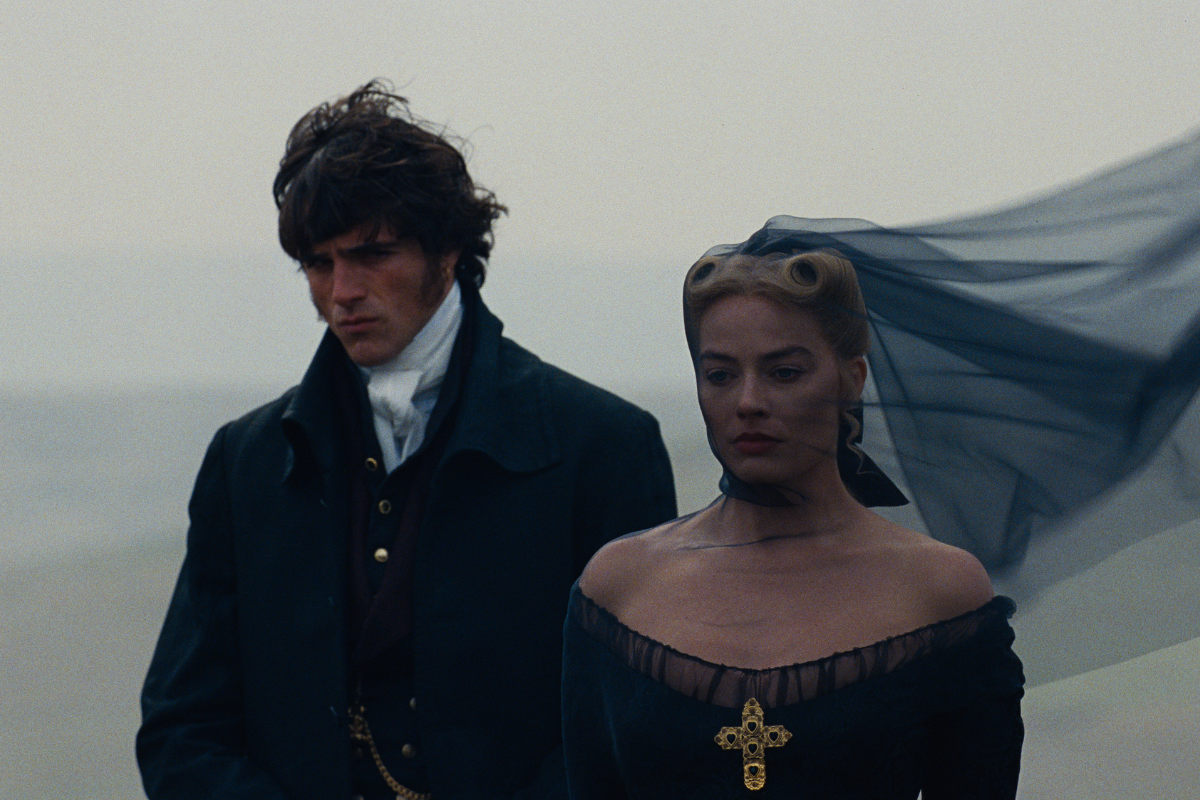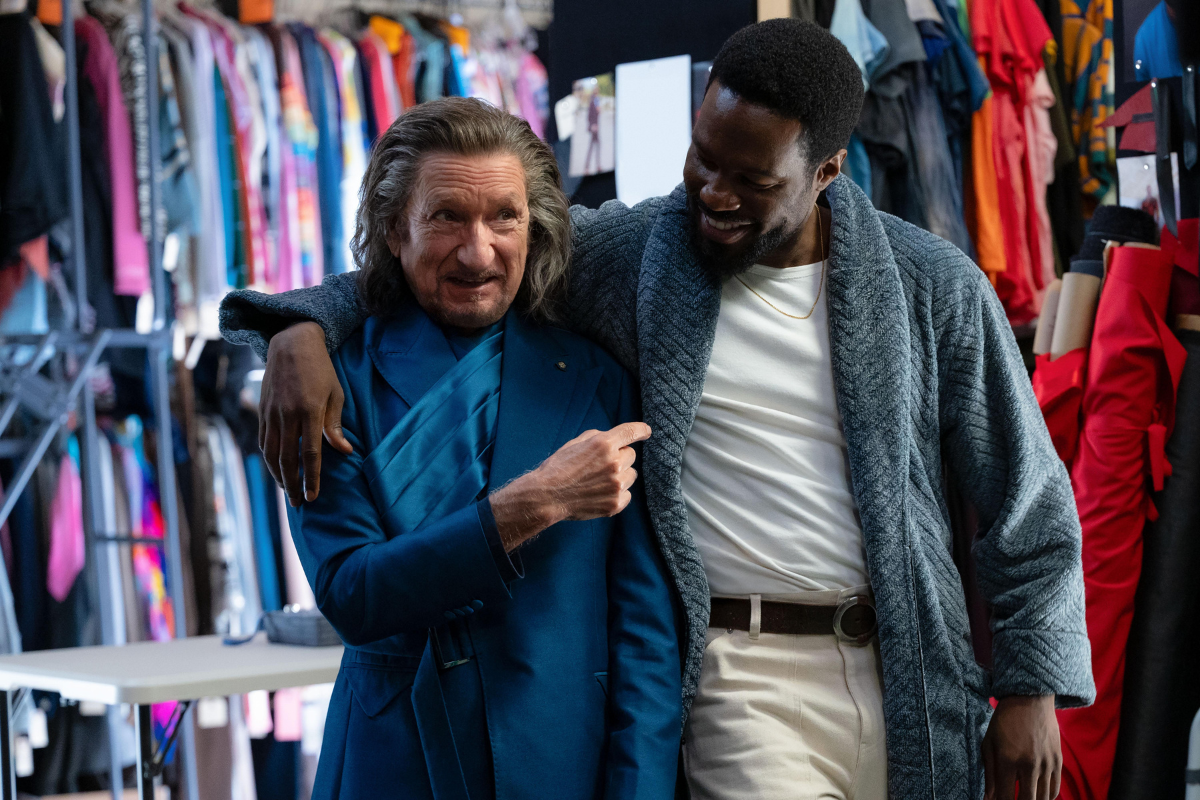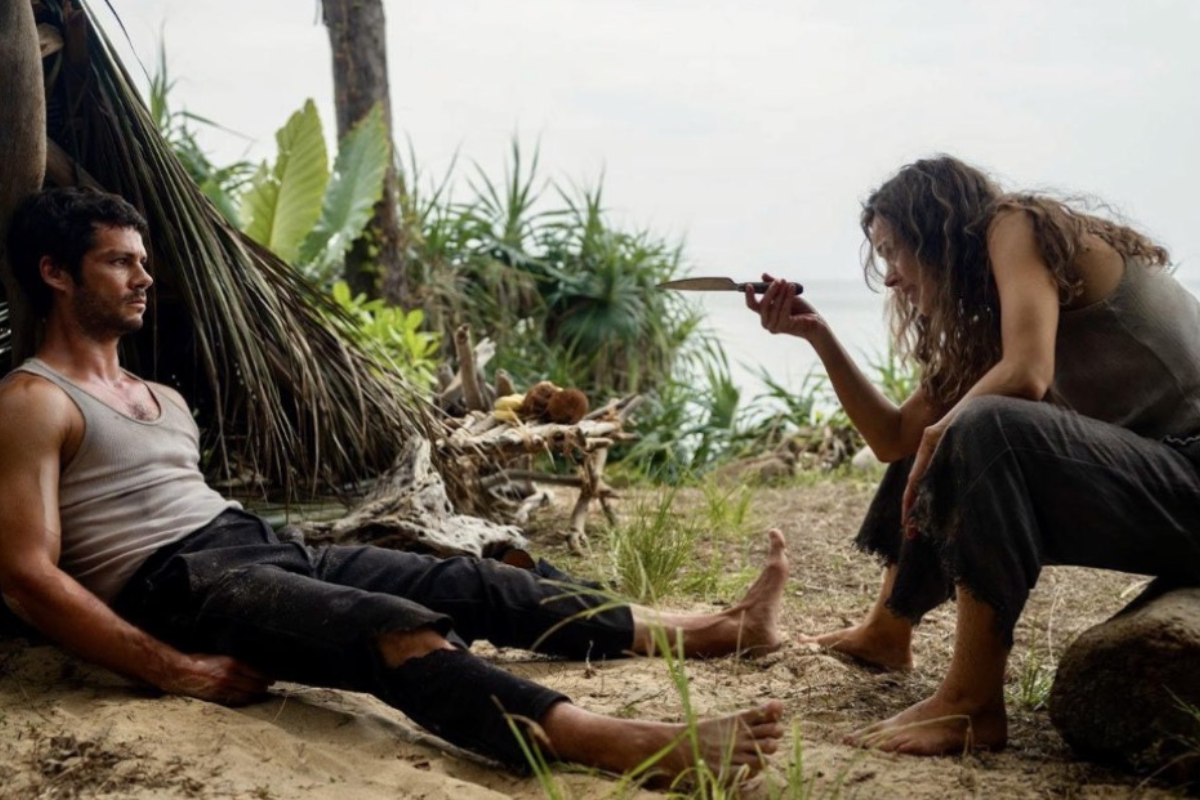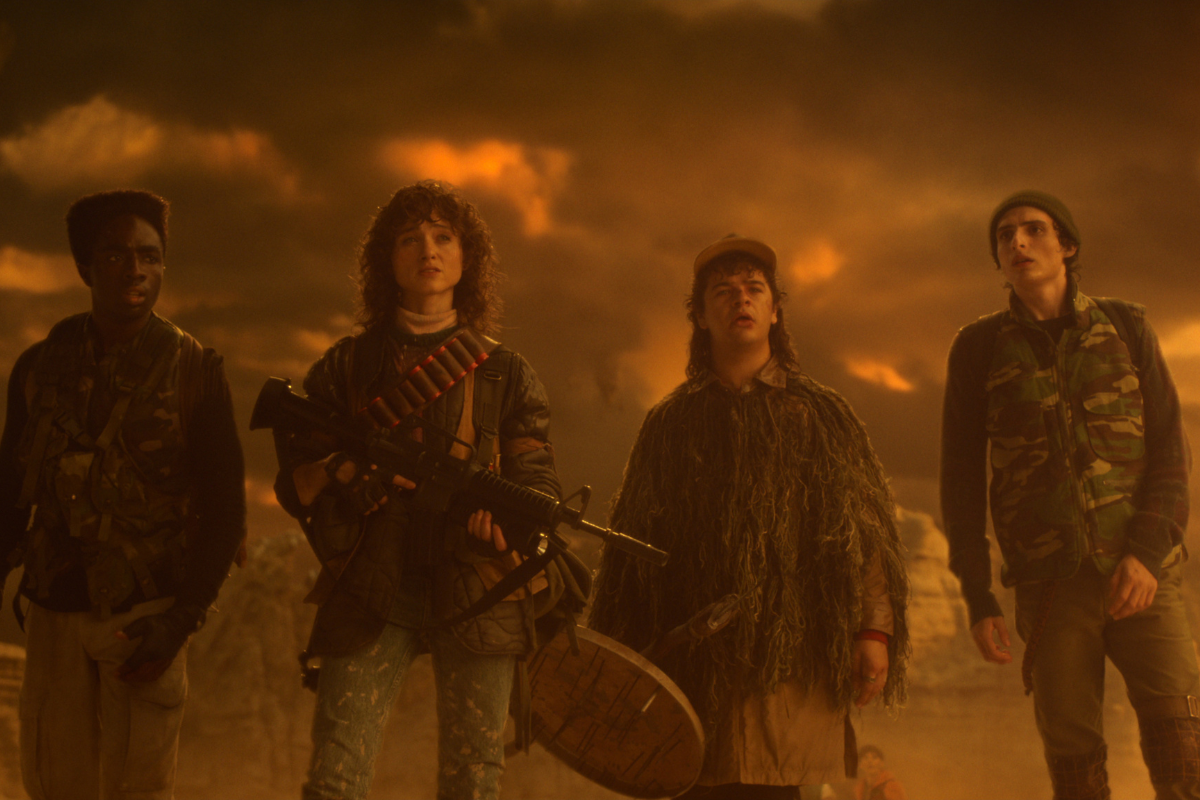‘The Last of Us’ TV Review
Fans of the game will be pleased with the stunning cinematography and settings that are replicas of the game environments but may find the series lacks the energy and emotional absorption of the game.
Naughty Dog's The Last of Us is one of the most popular games of all time. Cinematic in scope with emotional storytelling, the 2013 game set the bar high for other action/adventure/horror games. Games are made to interact with, so what would be the purpose of adapting such a stellar game to a medium where it can only be viewed? The Last of Us certainly isn't the first tale of a post-apocalyptic world overrun by zombies and warring factions of marauding humans. Charleston Heston starrer The Omega Man (1971), The Last Man on Earth (1964), and 28 Days Later (2002) have similar themes and successfully portray a lonely, sinister environment. The emotional draw of the game is the relationship between Ellie and Joel, so ideally that sentient connection should be credible in the series. For the most part, the nine episodes maintain the essence of the game, when they don’t succumb to being "woke." Fans of the game will be pleased with the stunning cinematography and settings that are replicas of the game environments but may find the series lacks the energy and emotional absorption of the game.
The first two episodes maintain the high-level intensity of the game. One noticeable difference is that Joel's daughter Sarah (Nico Parker) is Black, not white. Making Sarah a Black character only checks off a box for diversity because her ethnicity doesn't serve a purpose in the narrative. After all, they’re living in a world where race doesn’t matter. Inserting a Black character, or other ethnicities, in a role that’s interchangeable with a white character detracts from the uniqueness of that character. It feels like forced heterogeneousness.
This also applies to the third episode, which focuses on gay couple Bill (Nick Offerman) and Frank (Murray Bartlett). In the game, we get a hint about their relationship and that’s all we really needed. Showing these two romancing each other and canoodling doesn't serve the purpose of advancing the main plot and takes away from the tension in the story. It feels like another diversity checkmark.
Episode Five gets back to game tactics - action. At one point, Joel is in a window picking off Clickers with his rifle. The scene is nail-biting as part of the narrative of this thriller and is also in sync with the algorithm of the game. The series finds its footing here and sets the pace for the rest of the series.
Many hardcore fans of the game were up-in-arms with the casting of Bella Ramsey as Ellie because she doesn't have that American girl-next-door beauty like the character in the game. Bella has a very Renaissance face, faint eyebrows and lashes. She has a unique beauty. What her face lacks in vulnerability she more than compensates for with acting skills.
In the original rendition of the game, there was no hint of her sexuality. In the 2022 remake, Ellie kisses her friend Riley. The series gives a nod to this in Episode Seven, with Storm Reid as Riley, and also ebbs the pace of the story for a bit. Any time there’s a focus off of Joel and Ellie, the story suffers a bit because these flashbacks or tangential storylines feel like filler instead of in-depth character studies.
In the last episode, we meet Ellie’s mother, Anna, played by Ashley Johnson. She’s the voice of Ellie in the original game. The circumstances under which she gives birth are less than ideal and it’s a scene that’s more visceral and hard to watch than it was in the game.
Pedro Pascal perfectly inhabits the world-weary, grizzled Joel. He and Bella have some great dialogue, though their characters in the series seem tougher and rawer toward each other than in the game. His character arc is a slow burn and natural. There’s a lot more about his character that can be explored in future episodes, depending how closely they stick to the games. Gabriel Luna, Merle Dandridge, Lamar Johnson, Melanie Lynskey, and Anna Torv round out the top-notch cast.
The Last of Us game was rated PEGI – 18, which means it was suitable for people eighteen years old and older. The same holds true for the series, which has adult themes and intense violence.
Written by Neil Druckmann, the creator of the game, and award-winning screenwriter Craig Mazin (Chernobyl, Mythic Quest), the series expands on the universe of the characters by delving more into their backstories which newbies to the story might appreciate, but followers of the game might not.
What's great about this series is that those who aren't familiar with the game will be introduced to this story’s universe, with Joel and Ellie as their guides. However, the things that make it unique as a game make it standard fare as a series. The acting and cinematography elevate it from being a mere post-apocalypse tale, though, and after Episode Three, the story fully commits to staying true to the game. The dialogue is just as snappy and crisp as it is in the game, with Ellie having some particularly snarky, memorable lines.
The Last of Us streams on HBO on January 15, 2022.
Learn more about the craft and business of screenwriting and television writing from our Script University courses!
Sonya Alexander started off her career training to be a talent agent. She eventually realized she was meant to be on the creative end and has been writing ever since. As a freelance writer she’s written screenplays, covered film, television, music and video games and done academic writing. She’s also been a script reader for over twenty years. She's a member of the African American Film Critics Association and currently resides in Los Angeles.


